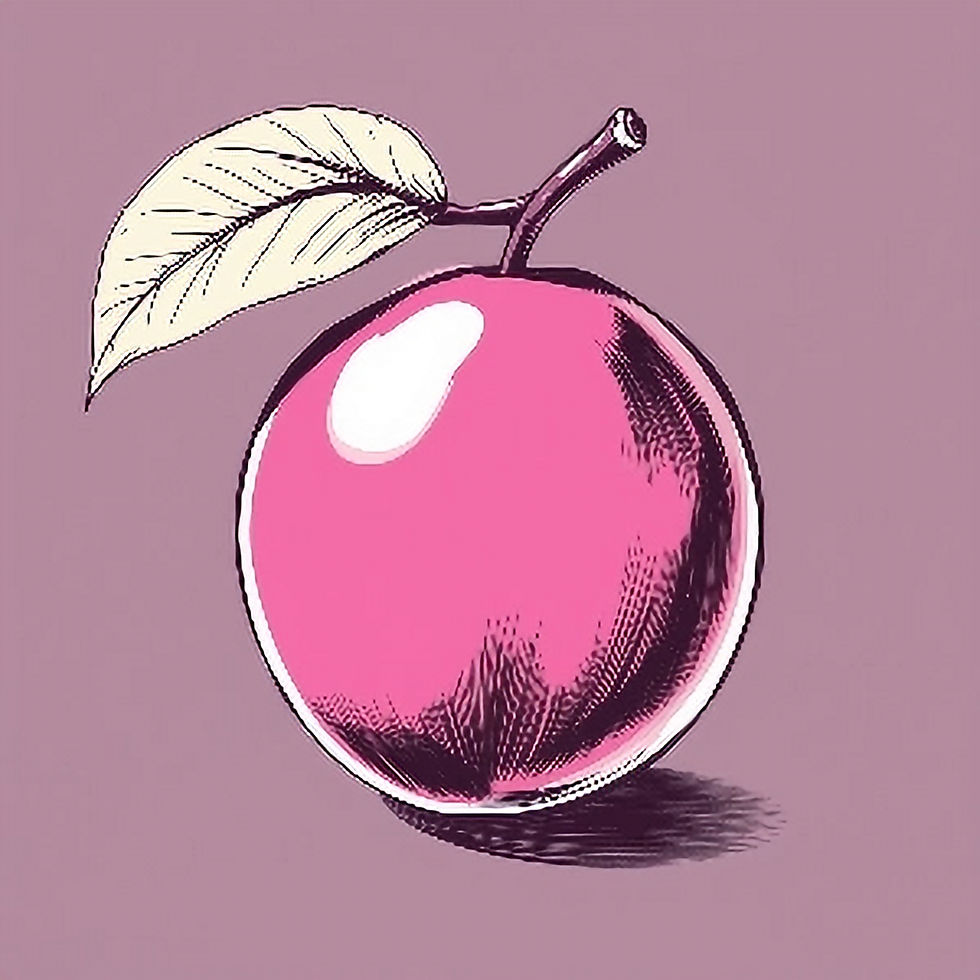Eco-Friendly Winemaking: Strategies for Sustainable Success
- Corina Lazea
- Sep 14, 2025
- 1 min read

Sustainability in the wine industry is essential for protecting the environment and ensuring sustainable production. Here are some best practices in this field:
1. Organic farming: Utilizing organic cultivation methods, such as crop rotation, composting, and avoiding chemical pesticides, contributes to soil and ecosystem health.
2. Water resource management: Implementing efficient irrigation systems, such as drip irrigation, helps reduce water consumption. Collecting rainwater for use in vineyards can also be beneficial.
3. Reducing carbon emissions: Using renewable energy sources, such as solar panels or wind turbines, and optimizing production processes to lower greenhouse gas emissions.
4. Sustainable packaging: Using recycled bottles or packaging made from biodegradable materials helps reduce waste.
5. Biodiversity conservation: Creating refuge areas for local wildlife and maintaining biodiversity in vineyards contributes to a healthy ecosystem.
6. Educating consumers: Informing and educating consumers about sustainable products and the importance of ecological choices can stimulate demand for responsibly produced wines.
7. Recycling practices: Implementing recycling programs for waste generated during the production and bottling processes, such as recycling bottles and packaging.
8. Ecological certifications: Obtaining ecological certifications, such as Organic or Biodynamic, can help promote sustainable practices and attract environmentally conscious consumers.
These best practices not only protect the environment but can also improve wine quality and enhance brand reputation among consumers. #aezalgrapesjourney #winelover #goodpractice #organic #biodynamic #certification #winemaking #drinkresponsable #recycling
Love Aezal




Comments